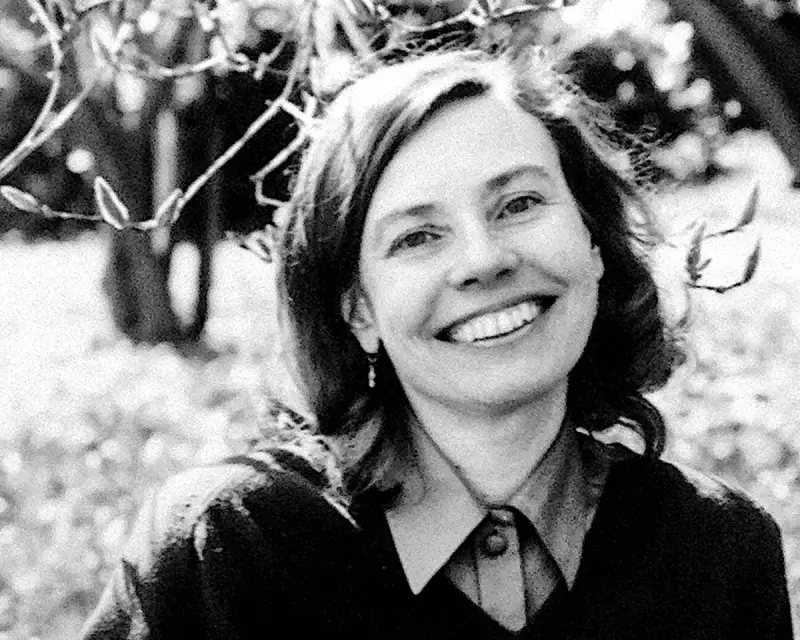
The world of anthropology has lost one of its most insightful voices with the passing of Dr Angela Hobart, whose pioneering work illuminated the profound connections between ritual, healing, and human psychology across cultures.
A Life Between Worlds
Born in Hamburg in 1942 during the turmoil of war, Hobart's early life foreshadowed her future as a bridge between cultures. Her academic journey began at Heidelberg University before she brought her intellectual curiosity to Britain, where she would make her most significant contributions.
Revolutionary Research in Bali
Hobart's most celebrated work emerged from her extensive fieldwork in Bali, where she immersed herself in the island's rich cultural tapestry. Unlike many Western anthropologists of her time, she approached her subjects with deep respect and genuine curiosity, earning the trust of local communities.
Her groundbreaking research revealed how healing rituals in Balinese culture served as powerful psychological tools, helping individuals navigate trauma, grief, and mental distress long before Western psychology formally acknowledged the mind-body connection.
Academic Legacy in London
For over three decades, Hobart shaped young minds at University College London and Goldsmiths, University of London. Her teaching philosophy emphasised experiential learning and cultural empathy, inspiring generations of anthropologists to approach their work with both academic rigour and human compassion.
Bridging Traditional and Modern Healing
Perhaps Hobart's most enduring contribution was her ability to demonstrate the relevance of traditional healing practices in contemporary healthcare. Her work showed that:
- Rituals provide psychological containment during times of crisis
- Community healing practices address isolation and loneliness
- Cultural beliefs significantly influence physical and mental health outcomes
- Traditional knowledge systems offer valuable insights for modern medicine
Final Years and Lasting Impact
Even in her final years in East London, Hobart continued to champion cross-cultural understanding. Her work remains essential reading for anyone interested in medical anthropology, psychological anthropology, or the complex interplay between culture and wellbeing.
Dr Angela Hobart is survived by her husband, two children, and a global community of scholars and practitioners who continue to build upon her visionary work. Her legacy reminds us that understanding different healing traditions isn't just academic—it's essential for creating more compassionate, effective approaches to health and wellbeing worldwide.





